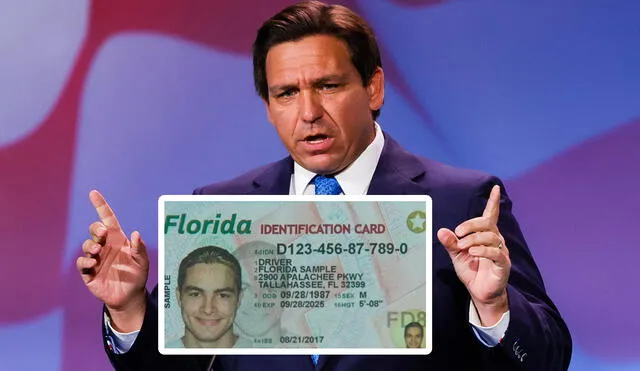New Universal License Law in Florida 2025: 5 Requirements you need to know to apply under the MOBILE Act
Florida’s MOBILE Act simplifies licensing for out-of-state professionals in 2025. Discover the five key requirements to qualify under this universal license law.

Florida has implemented the MOBILE Act (Mobile Opportunity by Interstate Licensure Endorsement Act) starting January 1, 2025, making it easier for professionals from other U.S. states to obtain licensure in Florida. This universal license law addresses labor shortages in key sectors such as healthcare, construction, and education by streamlining the application process for qualified individuals.
Here’s everything you need to know about the five key requirements to apply for a license under the MOBILE Act and how this legislation simplifies the transition for out-of-state professionals.
What are the requirements to apply for Universal License Law?
Although SB 1600 simplifies labor mobility in Florida, applicants must meet five key requirements to obtain a Universal License. This process ensures that quality and transparency standards are maintained. Here are the details:
- Valid Professional License: Applicants must hold an active license issued by any U.S. state.
- Clean Record: No active disciplinary actions or sanctions in the applicant’s home state are allowed.
- Clear Criminal Background: Applications from individuals with relevant criminal records will not be accepted.
- Payment of Fees: Applicants must cover the costs associated with the licensing process.
- Local Jurisprudence Exams: In some cases, passing specific tests on Florida laws and regulations will be required.
Additionally, regulatory agencies such as the Department of Business and Professional Regulation (DBPR) and the Department of Health (DOH) have the authority to revoke licenses if irregularities are found in the submitted documentation.
Universal License Law 2025: What Is the MOBILE Act?
The MOBILE Act is one of the major innovations included in the Universal License Law. Designed specifically for the healthcare sector, this legislation requires the Florida Department of Health to issue professional licenses within seven days to applicants who meet the established criteria.
This measure directly addresses the urgent need for medical and nursing professionals in sectors where historically long wait times for licensure have restricted workforce mobility. According to data from the Institute for Justice, approximately 20% of U.S. workers need licenses to practice their professions, with healthcare being one of the most impacted sectors.
By implementing the MOBILE Act, Florida aims to not only facilitate access to the labor market but also improve the quality of essential services available to its residents. This approach is expected to streamline processes, reduce bureaucratic hurdles, and provide quicker support for addressing healthcare demands.